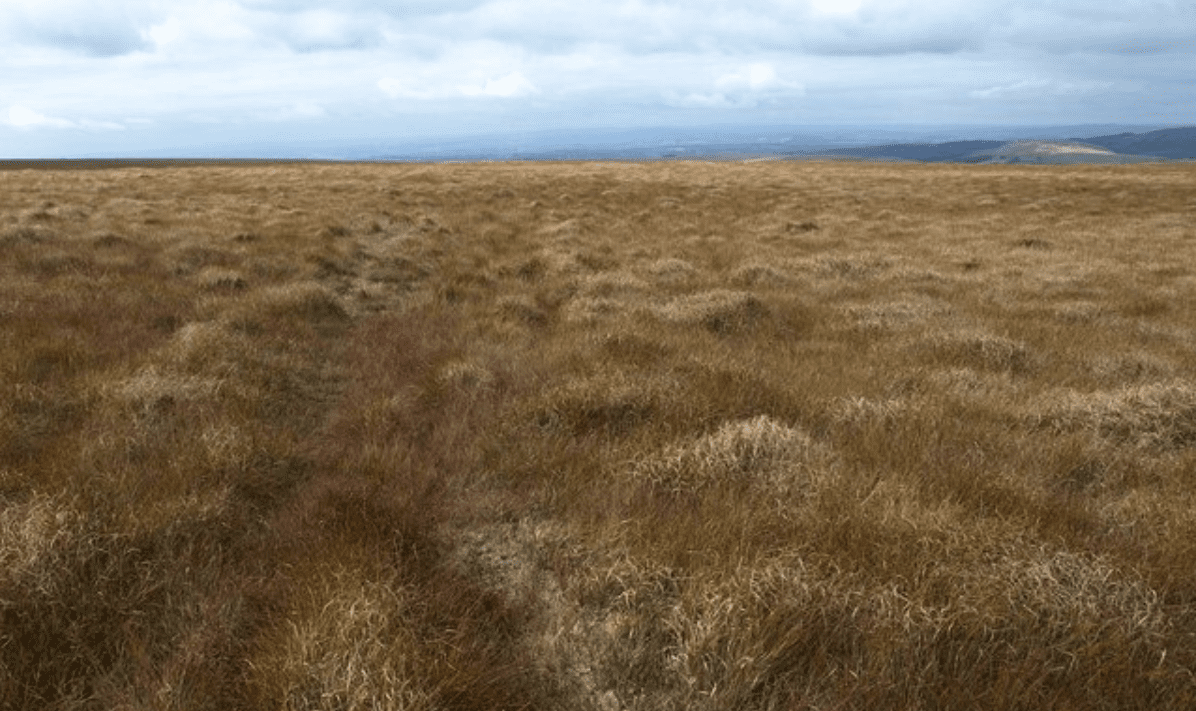As National Heritage Week is celebrated around the country, Minister of State for heritage and electoral reform, Malcolm Noonan, has drawn specific attention to the role of restoring bogs in “tackling issues with climate change” in Ireland.
This week, deputy Noonan visited bogs in counties Meath and Westmeath which are being rejuvenated through efforts by the National Parks and Wildlife Service (NPWS) with the assistance of Bord na Móna and the Irish Peatlands Conservation Council.
Crosswood Bog Special Area of Conservation in Co. Westmeath, which deputy Noonan visited, is one of nine raised bogs in the midlands region that Bord na Móna is undertaking restoration works on to “help return over 1,800ha of bog to favourable conservation status”.
“These living bogs are of great importance for the delivery of eco-system services such as: biodiversity; flood control; and in the reduction of carbon emissions,” Noonan said.
Restoration and rehabilitation of peatlands plays an important part in tackling the issues of climate change for Ireland and will help in moving Ireland towards carbon neutrality in its land use.
According to Noonan, it is estimated that the restoration of over 1,800ha of raised bog – which is being funded under the carbon tax fund – will contribute to a long-term reduction of emissions of 4,945t of carbon dioxide per year.
Open call announced for community-led schemes
Meanwhile, Minister of State for land use and biodiversity Pippa Hackett has launched an open call for new locally-led schemes for rewetting farmed peatland.
As part of the Rural Development Programme, the open call will focus on drained peatlands in the midlands region and seeks proposals for the development and implementation of a scheme to “target climate action on peatland under agricultural management”, according to deputy Hackett.
She added that such locally-led schemes are “community-based, have brought farmers together for common causes and have delivered real environmental gains across the country”.
“Payments are results based and are in recognition of environmental benefits that farmers provide for biodiversity and climate action.
“At a time of climate and biodiversity crisis, these schemes are providing important deliverables in supporting nature.”
